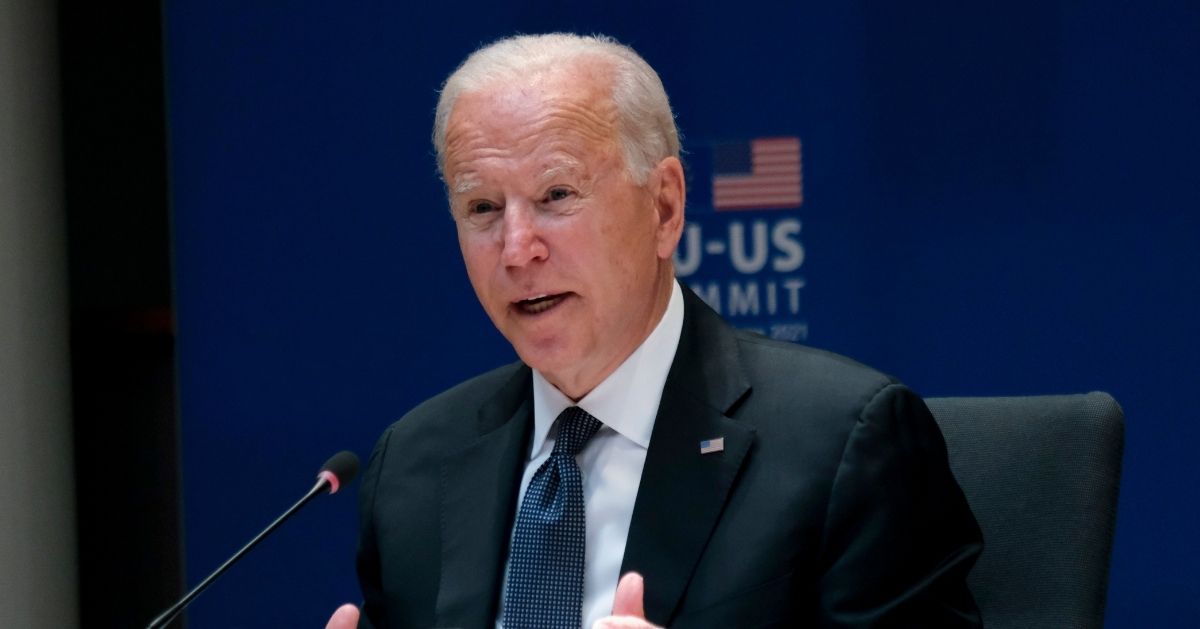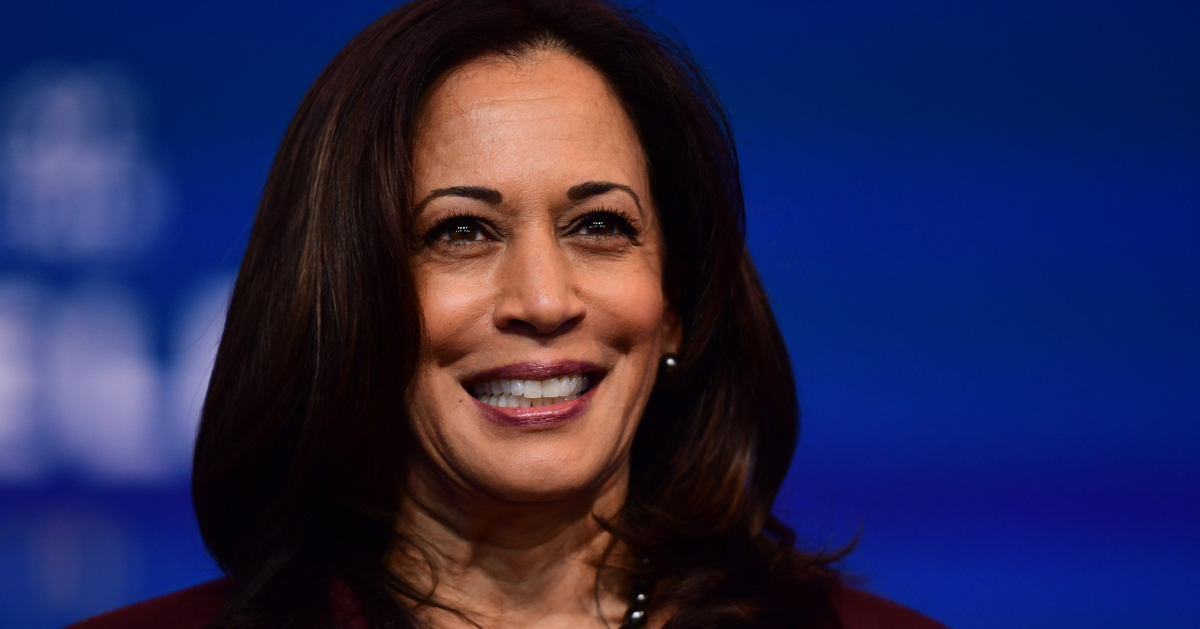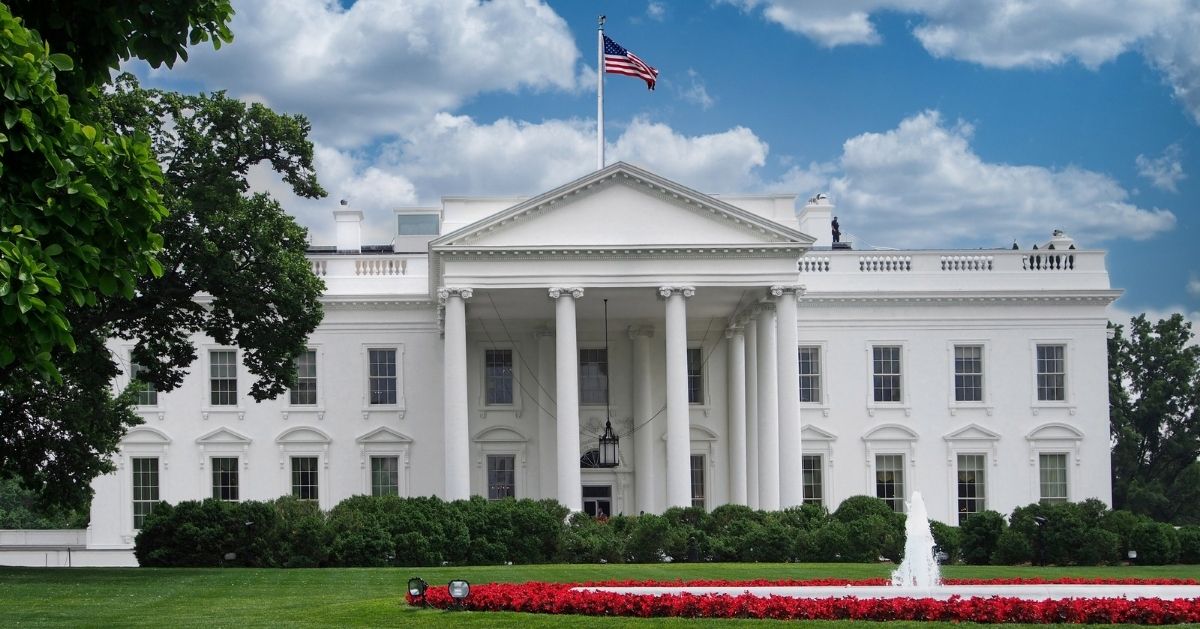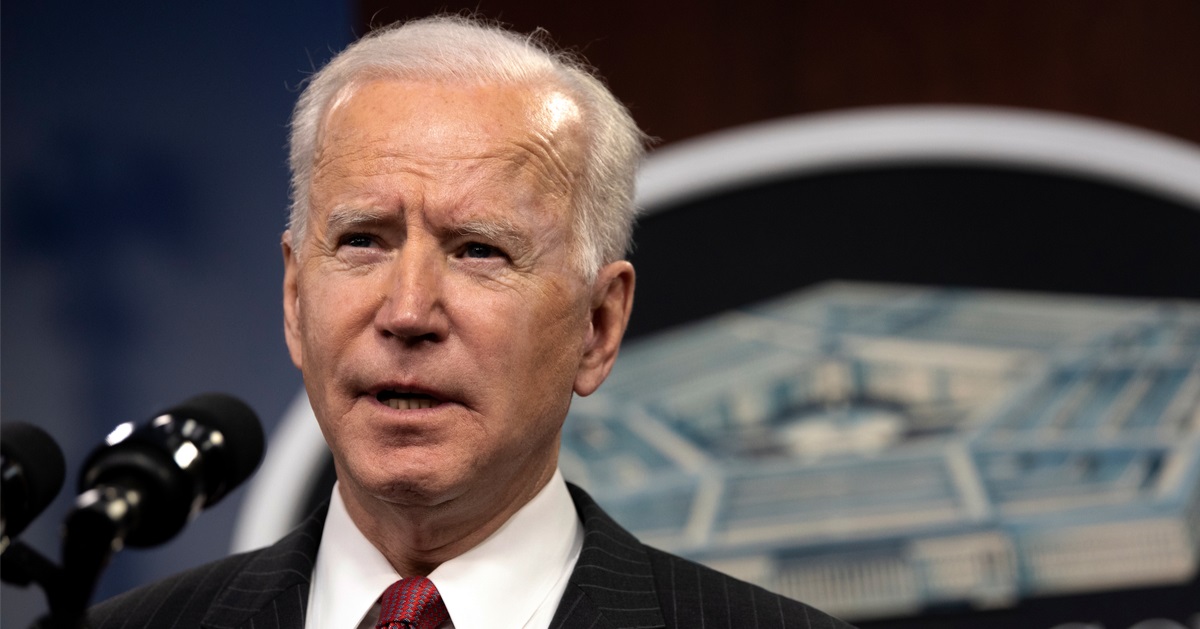New Leadership Roles Discussed for Trump's Second Term
Mike Rogers, representing Alabama, has already been approached by Trump's transition team regarding the defense position. Rogers, who ran unopposed, was re-elected to a third term last Tuesday.
Rogers is not the only name being considered for this crucial role. Rep. Mike Waltz from Florida, also a member of the House Armed Services Committee, is another significant candidate. Waltz, a retired Green Beret and former advisor to past defense secretaries brings a wealth of experience in military and defense affairs.
Profiles of Potential Candidates for Secretary of Defense
Waltz's extensive background includes his role as CEO of Metis Solutions, his advisory positions under defense secretaries like Robert Gates and Donald Rumsfeld, and his current memberships in the Armed Services and Intelligence committees.
Republicans are confident about maintaining a majority in the House, a sentiment bolstered by recent electoral gains. This majority is crucial for advancing Trump’s agenda swiftly, especially with appointments and policy implementations.
Strategic Moves in the Trump Administration
The process of replacing a House member typically spans several weeks, indicating that any moves involving Rogers or Waltz would require careful timing and consideration by Republican leaders.
Meanwhile, Trump's campaign manager, Susie Wiles, has been announced as the incoming White House chief of staff, suggesting a strategic alignment within Trump’s team as they prepare for the next administration.
Other discussions for high-profile roles include House GOP Conference Chairwoman Elise Stefanik, who is being considered for the U.S. ambassador to the United Nations.
Anticipation for Swift Policy Advancements
The eagerness of Republican leaders to utilize their congressional majorities highlights their intent to support Trump's policy initiatives without delay. The strategic placement of key figures in significant roles is part of this broader effort to solidify Trump’s second-term agenda.
The prospective appointment of Mike Rogers as Secretary of Defense would not only shape the U.S. military’s future but also influence international defense policies significantly.
As the transition team continues its deliberations, the political landscape is closely watching to see how these potential appointments might unfold, marking a pivotal moment in U.S. defense leadership.






